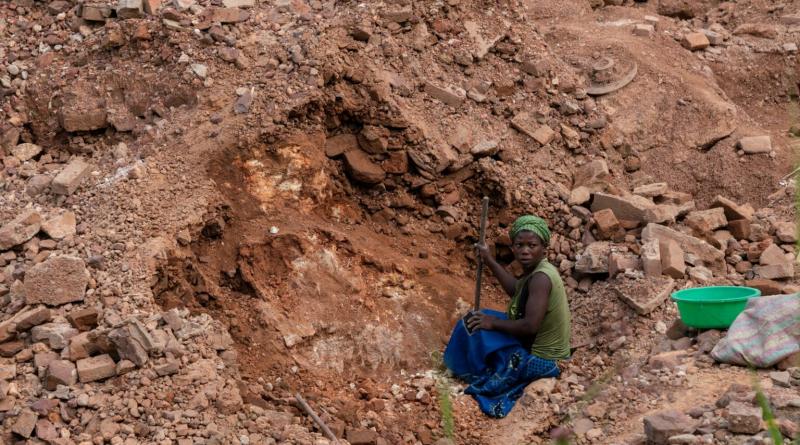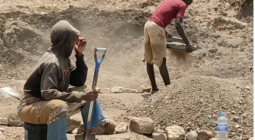Corruption and Rights Abuses Are Flourishing in Lithium Mining Across Africa, a New Report Finds

The global clean energy transition could be a game changer for Africa, but exploitation of miners continues as many foreign mining companies ignore local opposition.
On a Sunday afternoon in March 2023, Darlington Vito was shot in the head outside an industrial lithium mine in Masvingo Province, Zimbabwe.
A subsistence miner, he had been searching for chunks of ore in a rubble pile when a security guard at the mine site fired his weapon without warning, family members and local human rights activists said in interviews. Vito died a week later from his injuries.
For Vito and other locals living near the mine, the global lithium boom brought the promise of economic opportunity to the poverty-stricken region. Global demand for lithium, a lightweight metal used in electric vehicles, mobile phones and energy storage systems, is expected to increase fortyfold from 2020 to 2040, as the world moves away from fossil fuels and toward renewable sources of energy to mitigate climate change.
Some Zimbabweans have found formal employment at the country’s seven industrial-scale lithium mines, but thousands of others have flocked to informal mining sites where they use basic tools like picks and shovels to dig up chunks of lithium ore, which they then sell to traders who truck the ore across the border to South Africa for export and processing abroad.
While Zimbabwe’s president Emmerson Mnangagwa has said the lithium industry will buoy the nation’s flailing economy, watchdog groups and local communities say Zimbabweans have heard similar promises made about diamonds, gold and other resources, only to see the benefits accrue to wealthy elites while locals’ labor and ecosystems are exploited.





